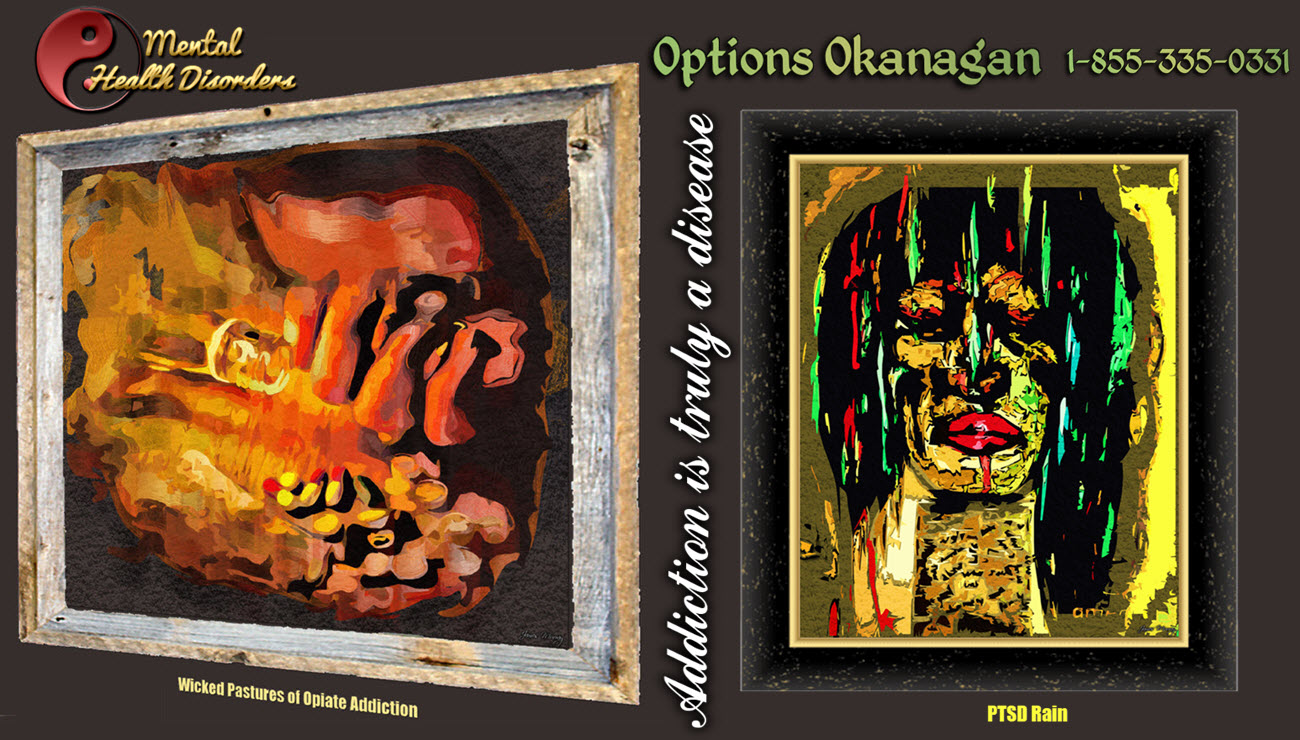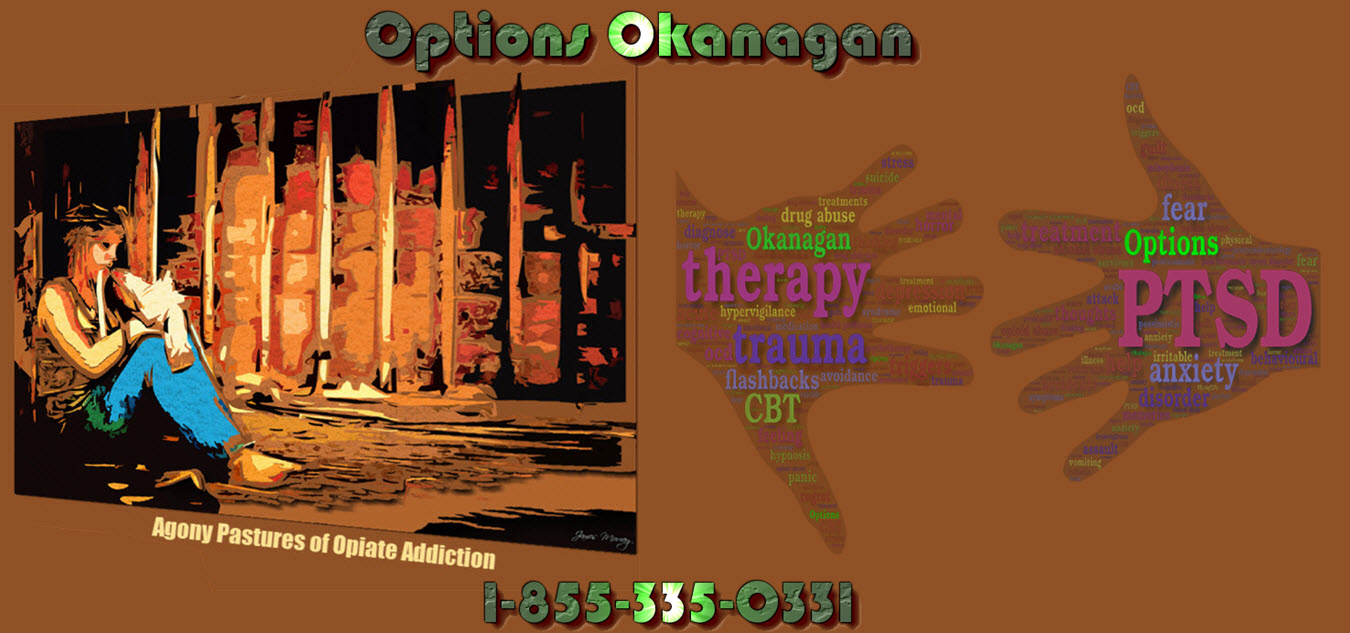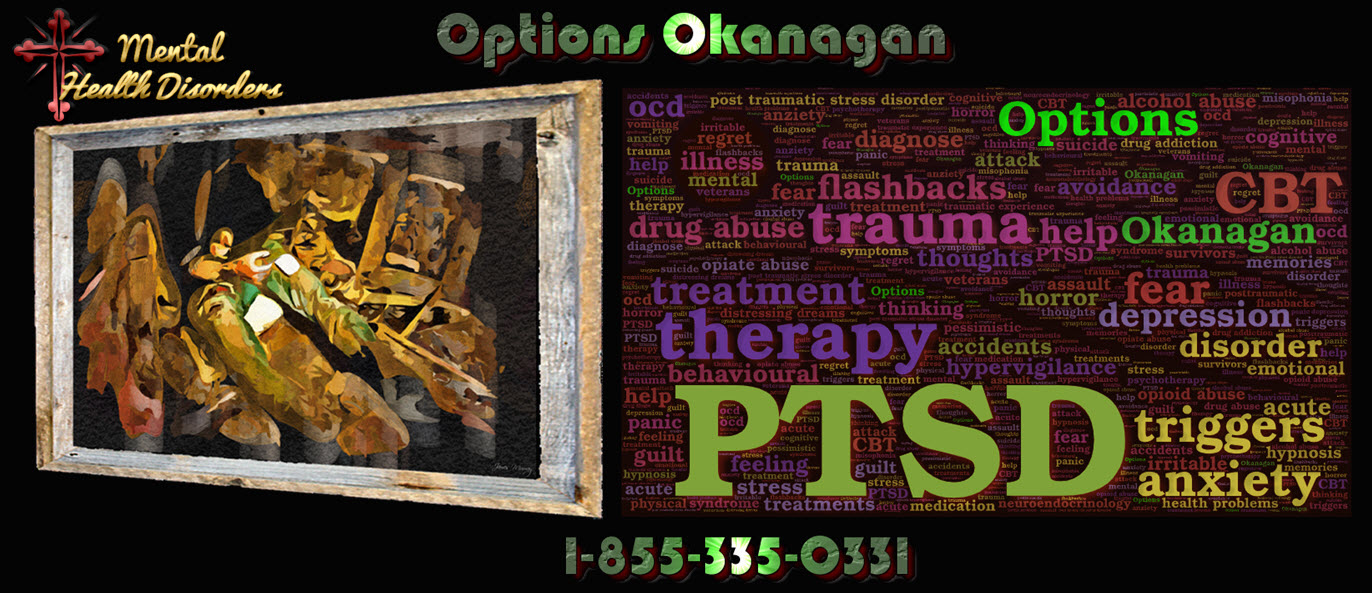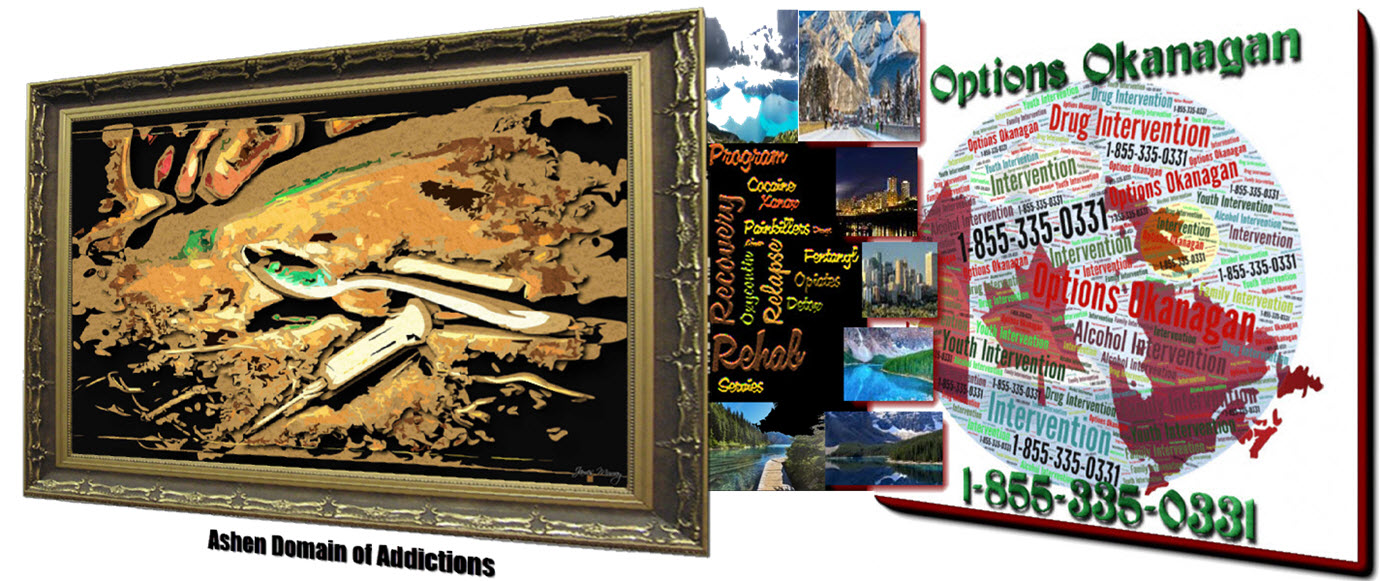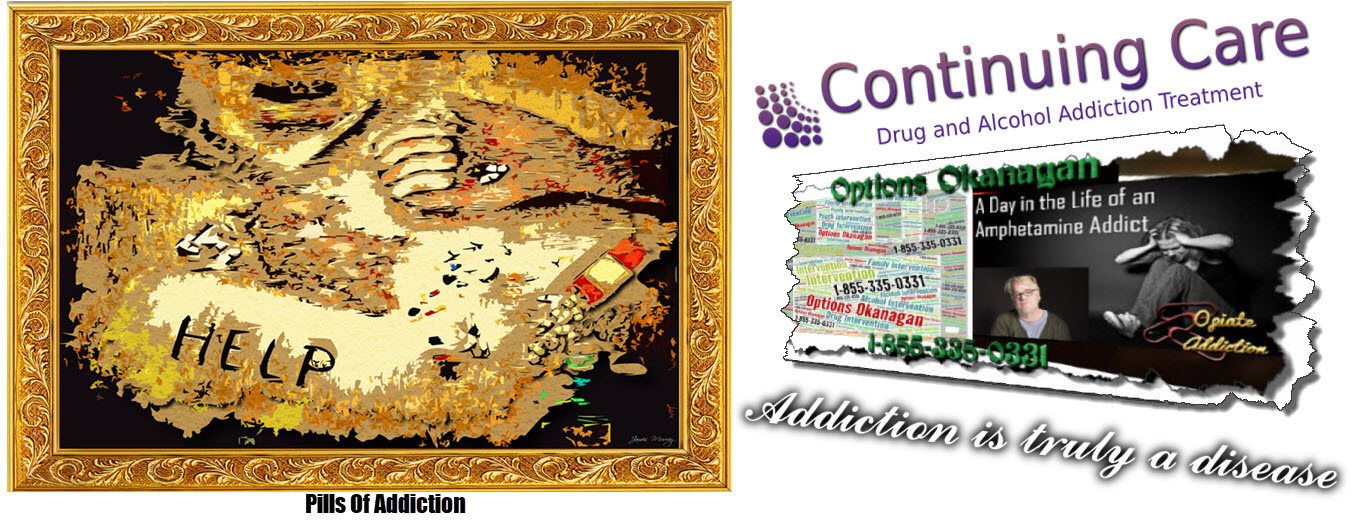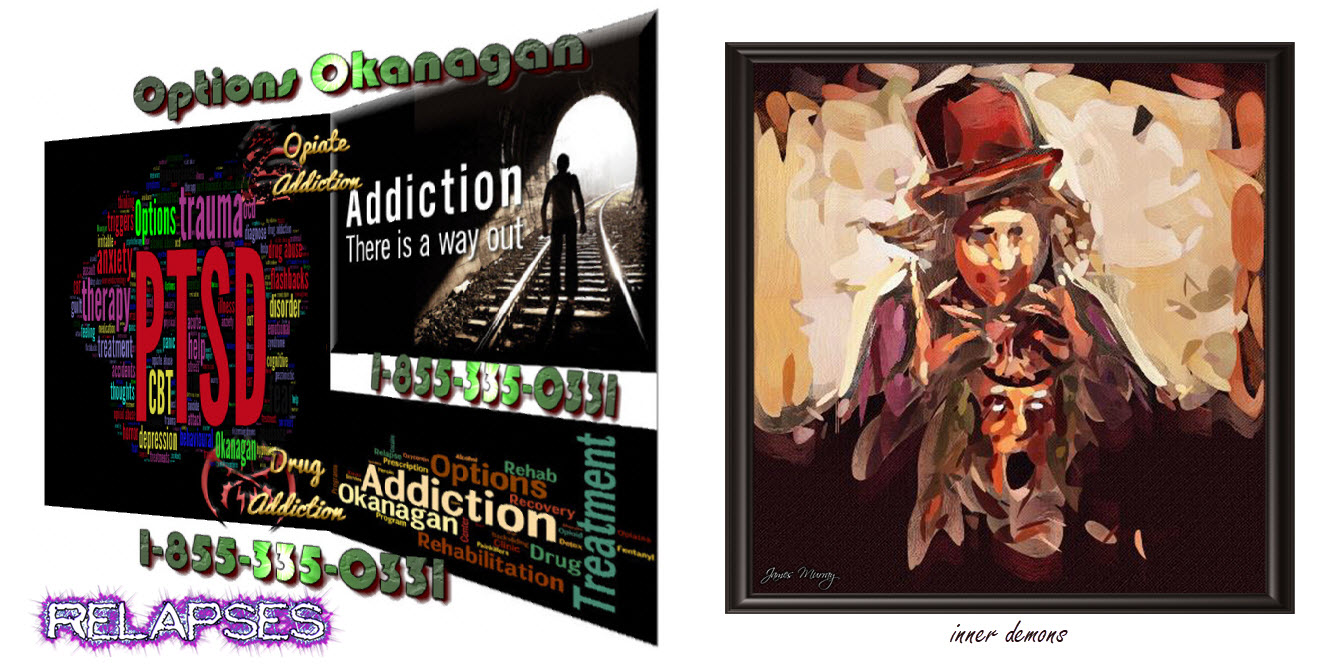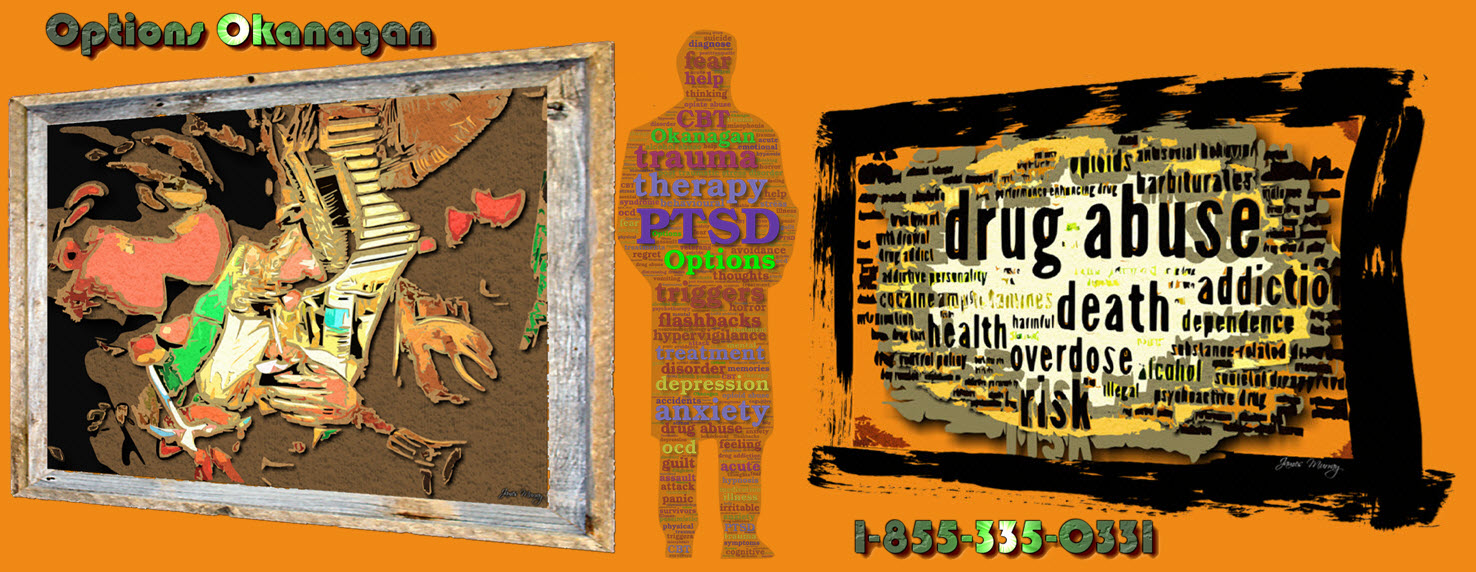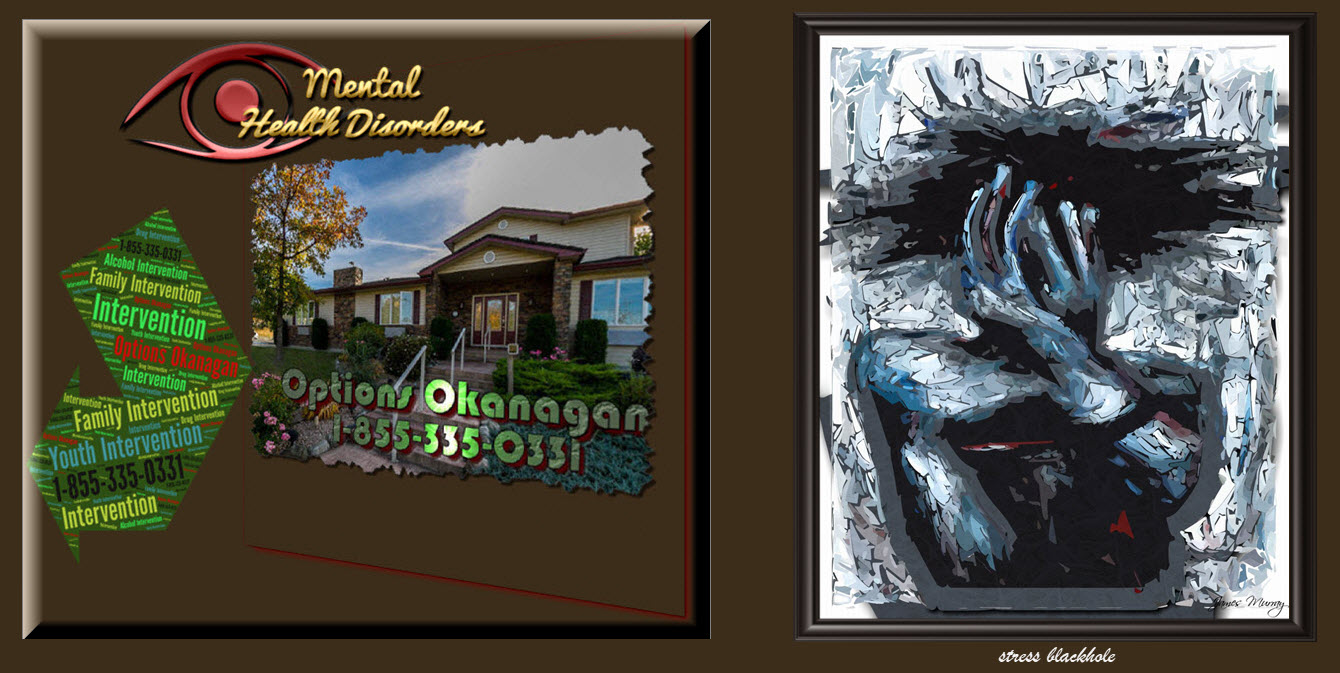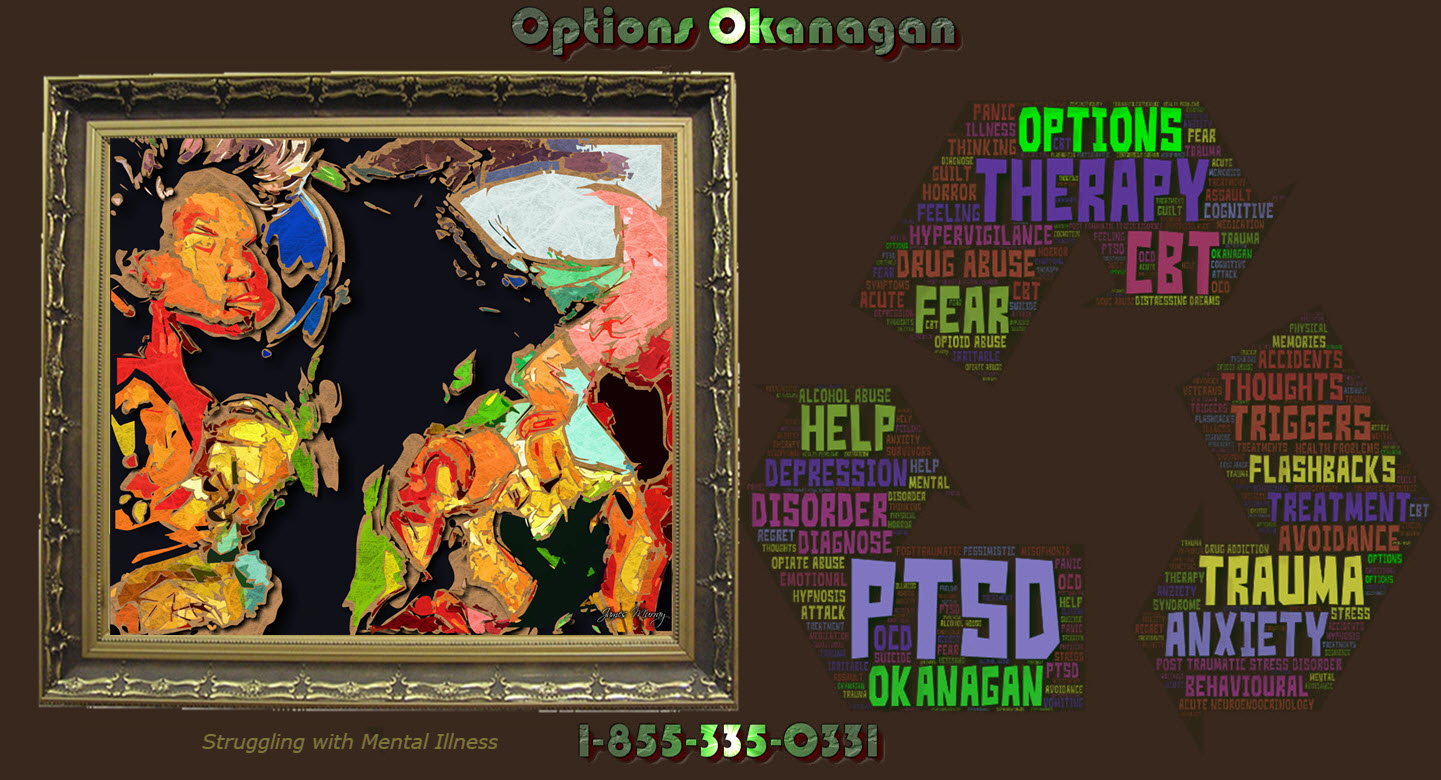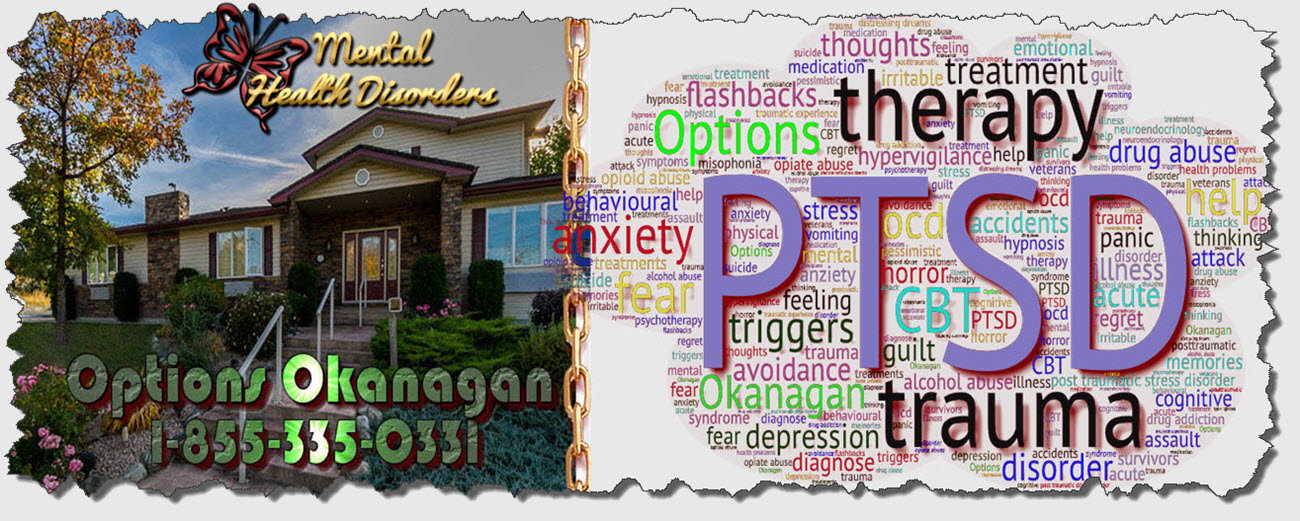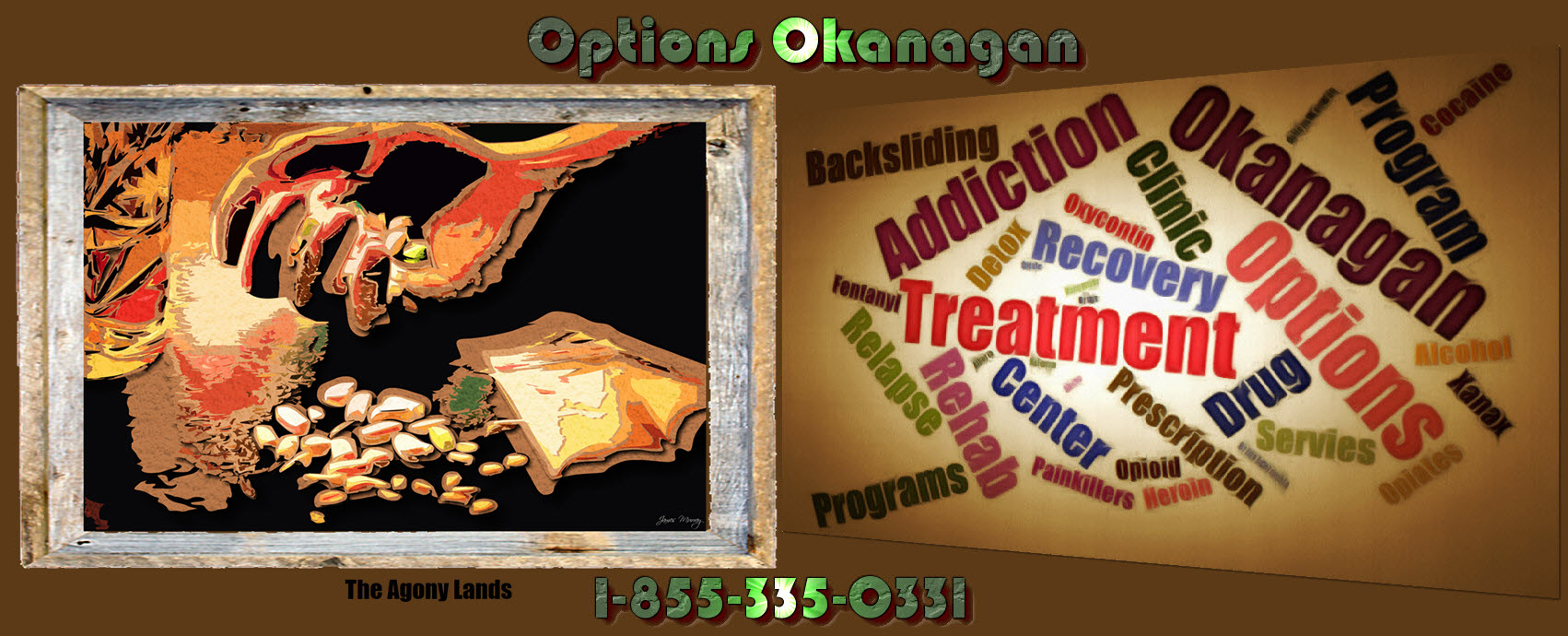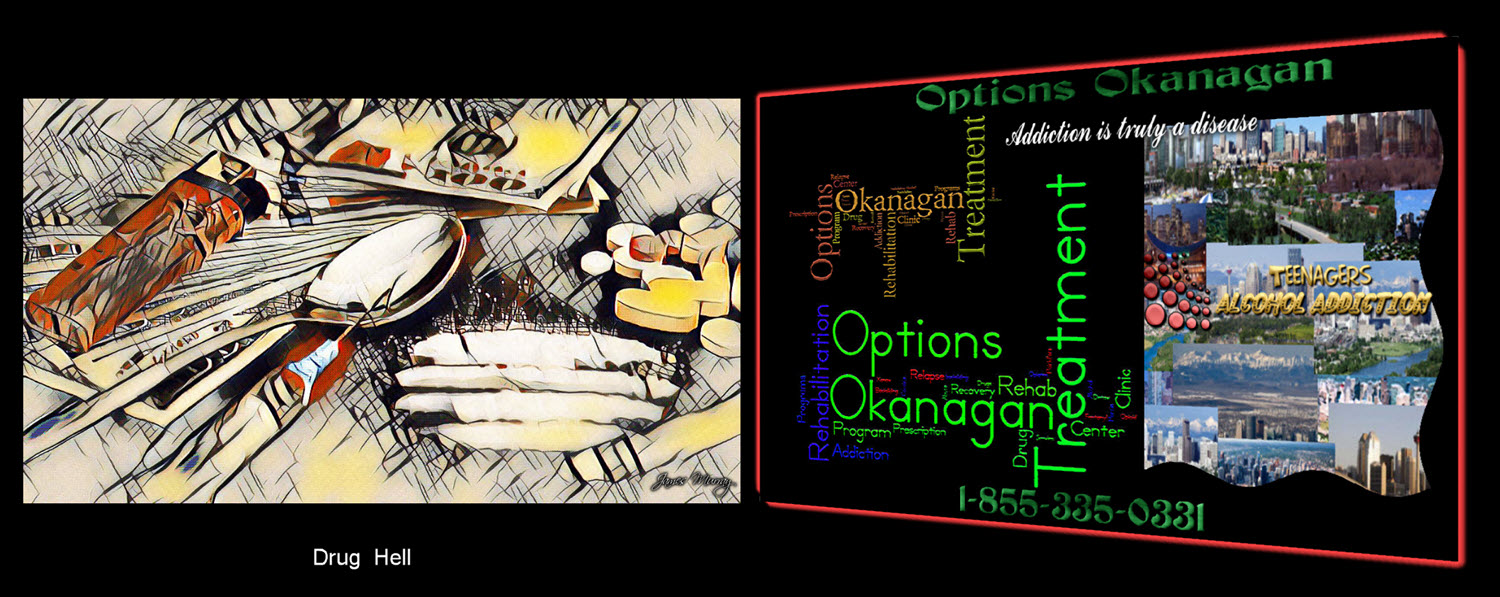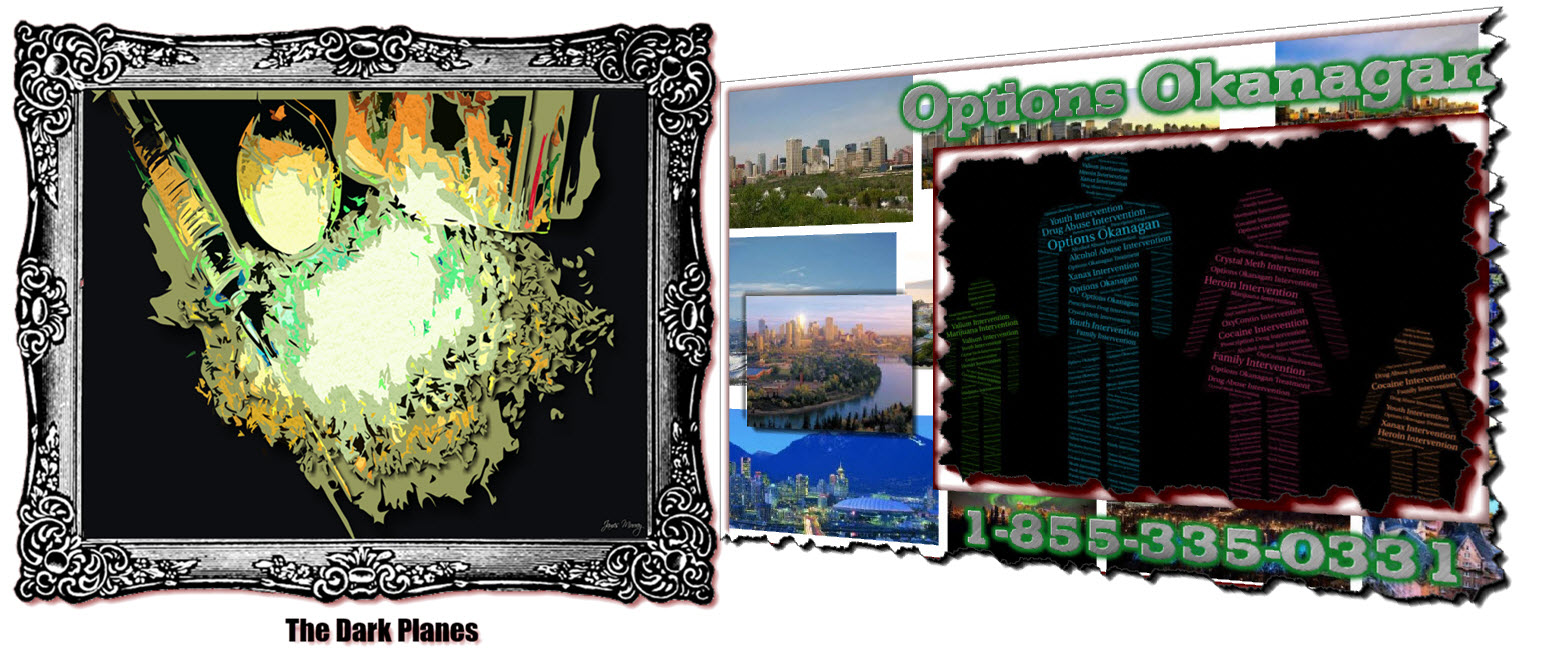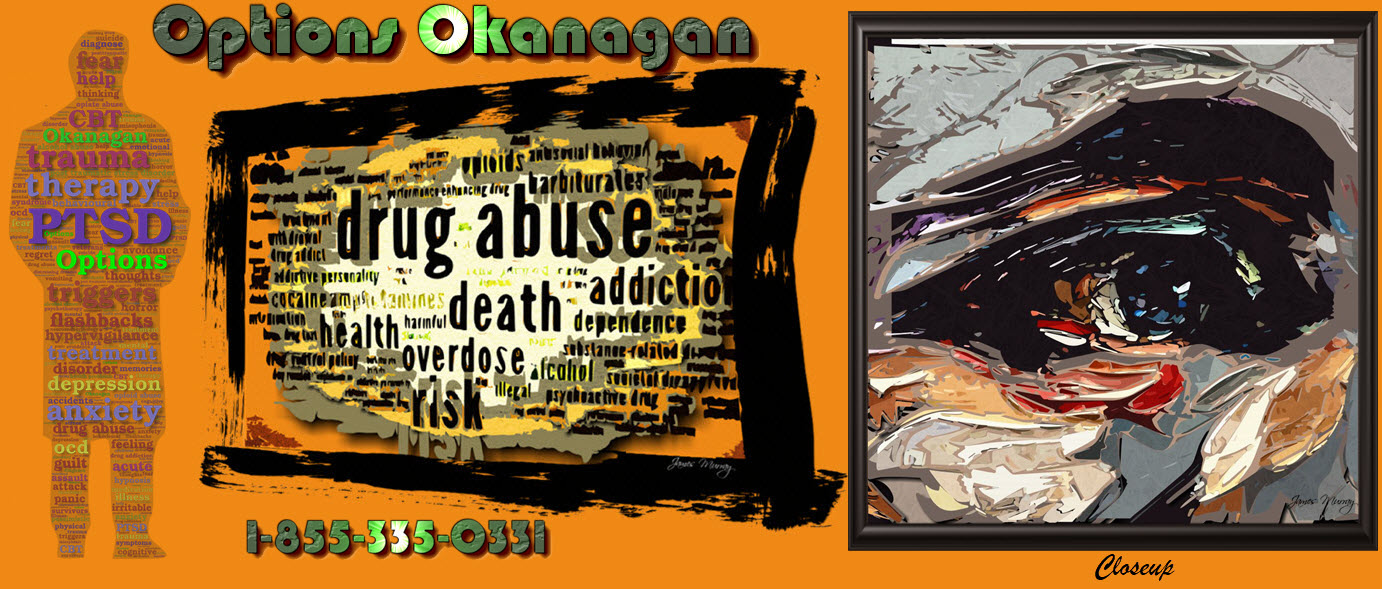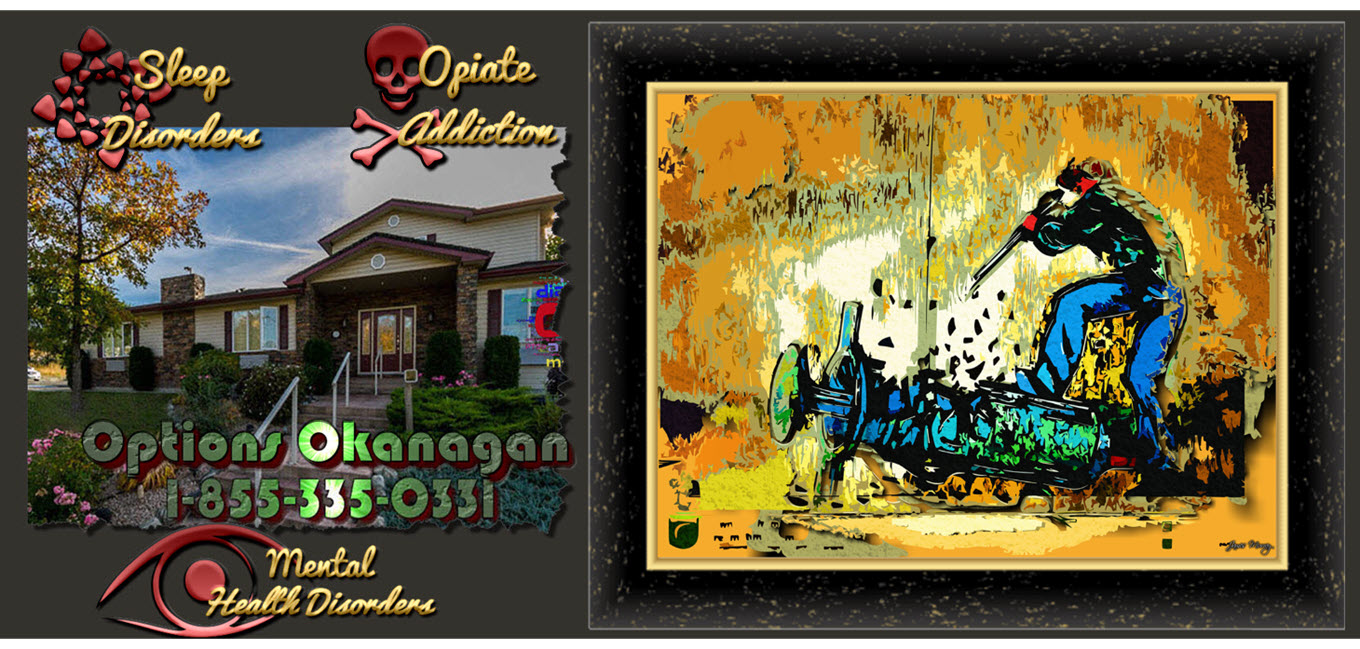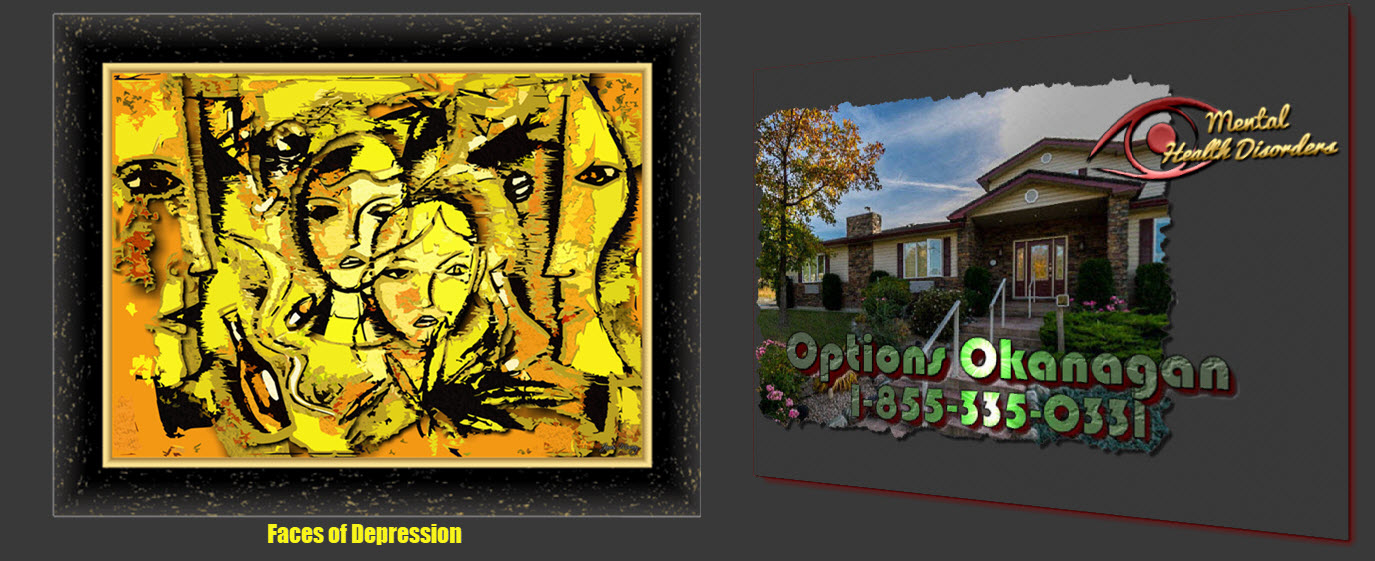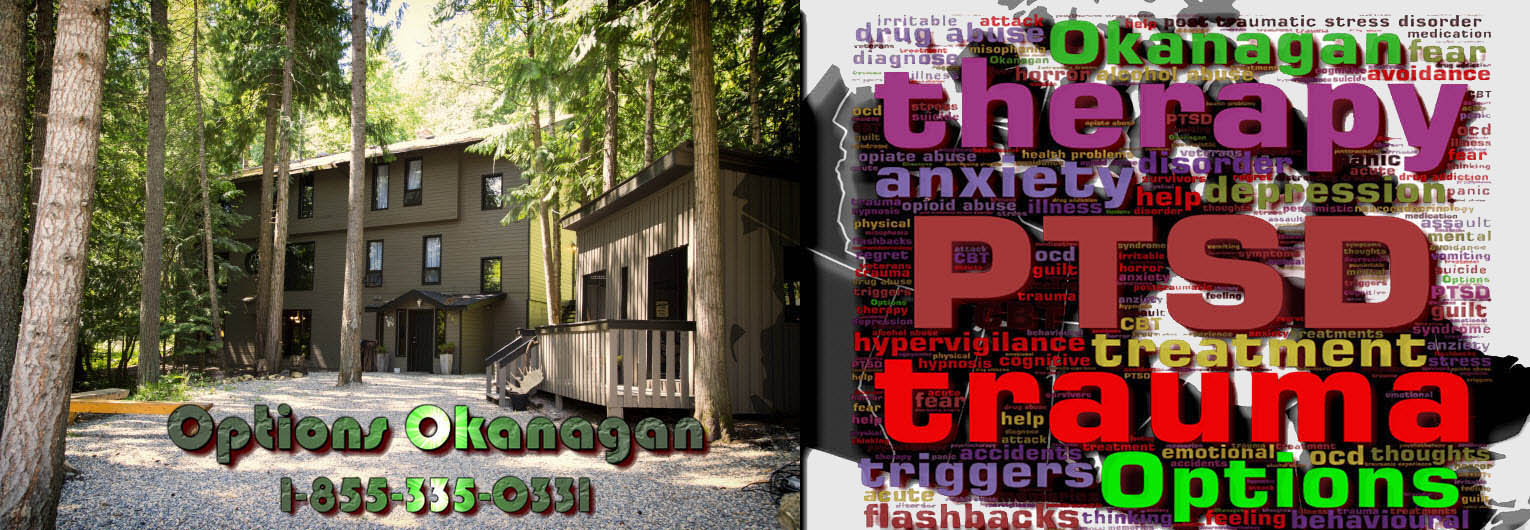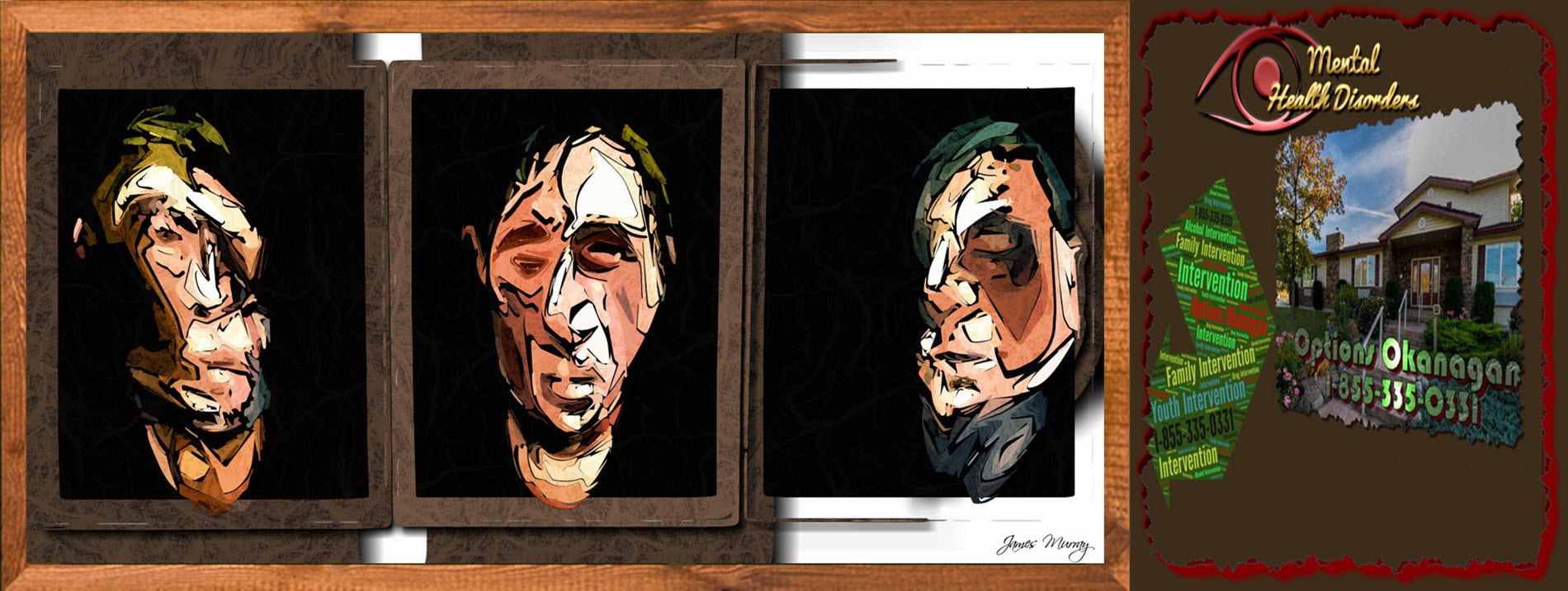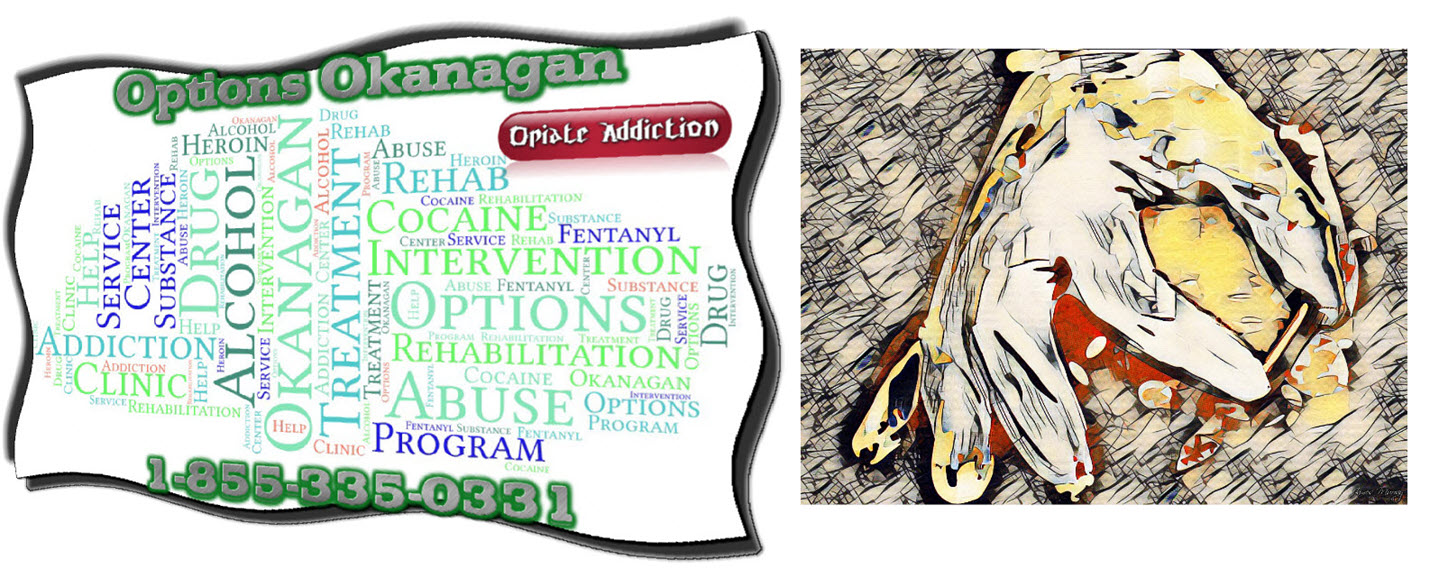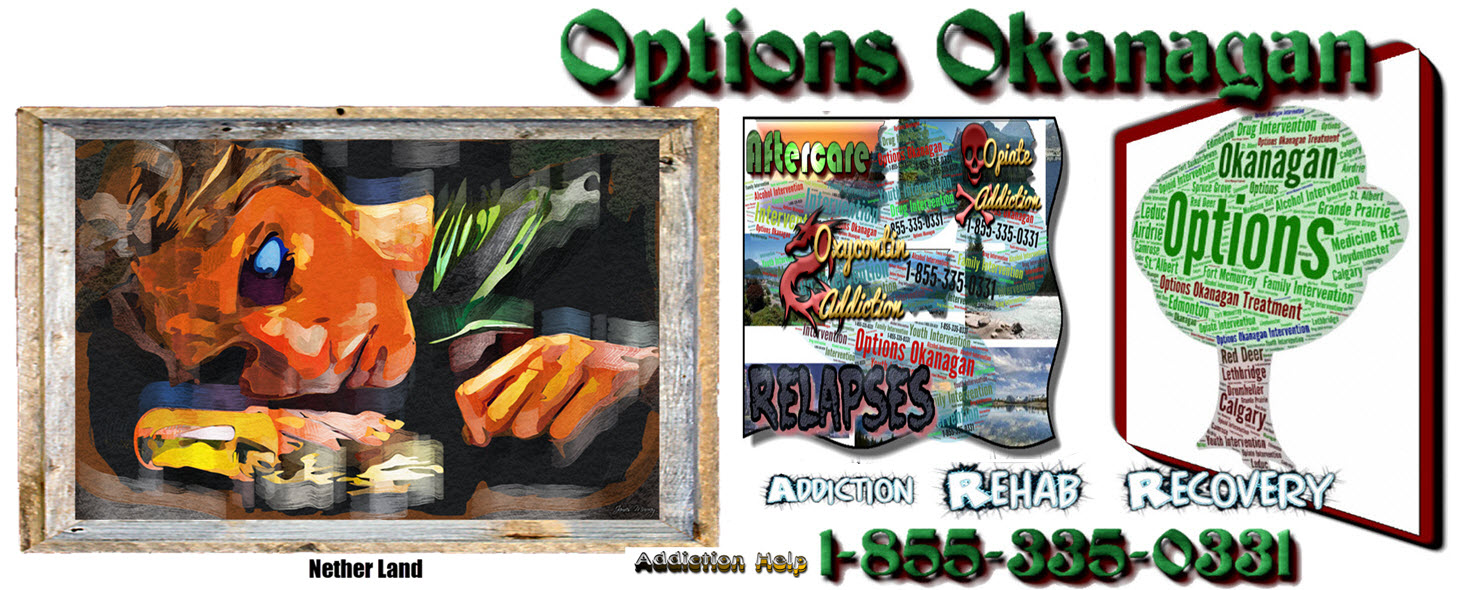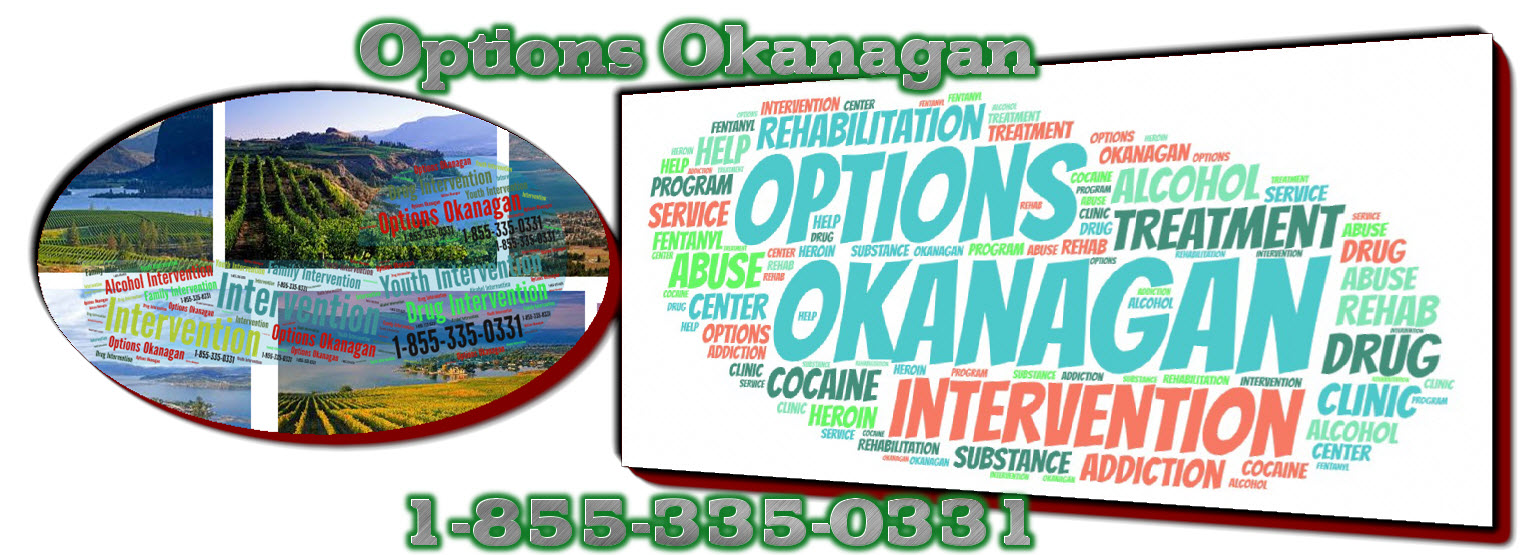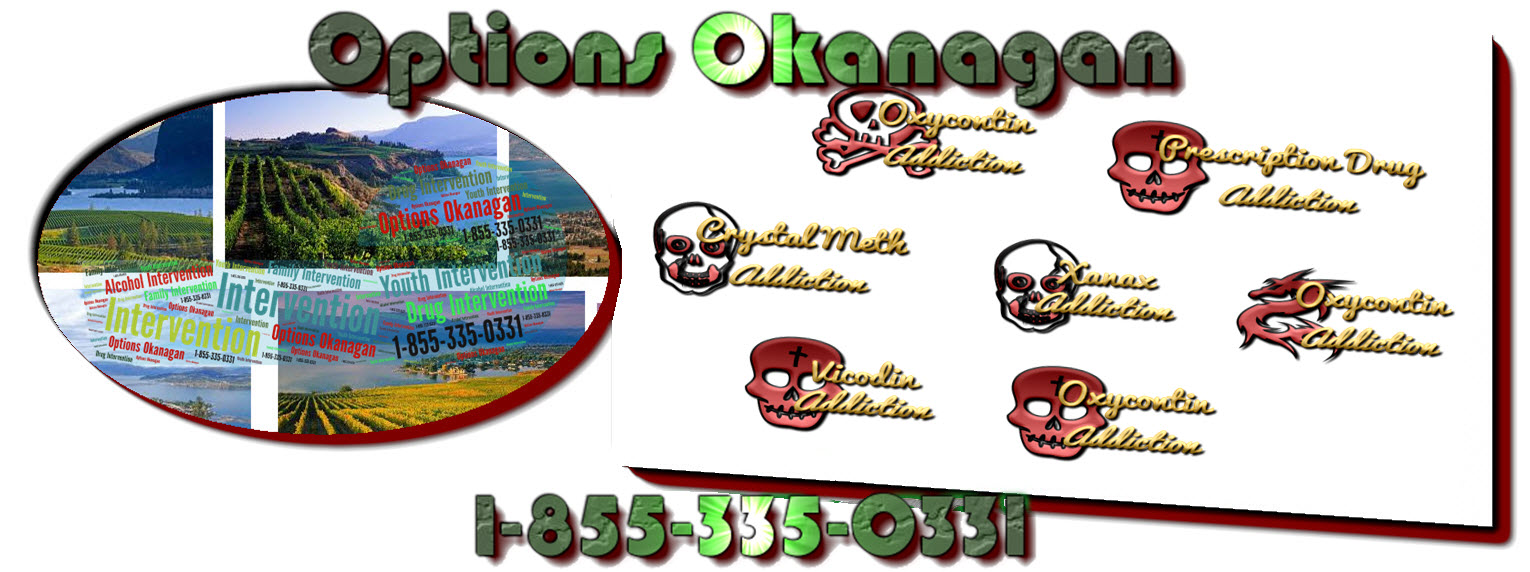Mental illness recovery – Mental health disorders – Opiate rehab programs in Alberta and British Columbia – Options Treatment Center in Kelowna, British Columbia treating opioid, prescription drug, opiate, fentanyl, heroin, and alcohol addiction and recovery.
Drug rehabilitation in British Columbia and Alberta
Anyone with a chronic illness such as diabetes or heart disease must learn to manage their illness. It’s important to be aware of the warning signs and make adjustments in your life once you have a health problem. This is also important when you are recovering from mental illness. You cannot assume that one treatment will solve all your problems at once. You will still have symptoms, and in some cases they will be debilitating. However, you have to learn to live with this problem. As you make adjustments, you will gradually find yourself making progress. In time, your chronic illness will be far behind you.
Improvement is a key component to restoring mental health. This is a gradual process and does not have to be linear. You will be able to advance over time, but eventually you will take a step back. When you get a better picture of your symptoms, it will be easier for you to control them. The process can be daunting over time, but even if you make mistakes, you can learn from them.
Recovering from mental illness is not something you can do immediately. You will be working on this your whole life. Remember that your mental health symptoms don’t appear right away. It can take years or more for these symptoms to appear. You should continue to work on your symptoms. Even if you are able to build a positive life for yourself, you should make an effort to manage your mental health.
Mental Disorder Programs in British Columbia and Alberta
Early intervention can be important to improve outcomes. For example, if a person with schizophrenia symptoms is treated early, they are more likely to recover than someone with more severe symptoms.
It is also important to recognize the early signs of a relapse. If treated quickly, the patient may have a chance to recover. If the symptoms are ignored, they may never recover.
Of course, recovery is only one aspect of a much larger process. A person dealing with mental health issues also needs to focus on their overall well-being.
In many cases, people with mental health problems are isolated. This is because people with such problems are often discriminated against. This leads to reduced self-esteem, which can complicate the recovery process.
Most people think that starting recovery is not the most difficult phase. The ending could be much more difficult. At this stage, people need to work to get things back when symptoms are more severe. They should also take advantage of opportunities they missed when their symptoms started.
This can be one of the most difficult parts of recovery. It can take a long time for people to repair the damages that their mental health issues caused. In many cases, people with mental illness have fewer opportunities available to them.
However, this should not be the case. Even if a person can not return to their old job, and even if they have to give up some things for good, they can still build a great life for themselves. Other individuals have been able to do it, and so can you.
Options Okanagan Opiate and Alcohol Treatment Centers in Kelowna, Salmon Arm and Vancouver, British Columbia – Men and Women are recovering and healing from Alcohol and Drug Abuse at our treatment center here in the Okanagan right now.
Our unique and distinctive Opiate Drug and Alcohol treatment program allow men and women to come in from Calgary as well as Edmonton as we offer airport pickup.
Numerous clients come to us from Vancouver, Calgary, and Edmonton and other locations in Alberta and even other provinces for Opiate addiction treatment, heroin drug treatment, many other drugs, and alcohol addictions for rehabilitation because of the uniqueness of our treatment center.
Our (Kelowna) Alcohol and Drug Treatment Program Location:
(Not Mailing Address) – Contact Us – Web Page
For Mail Delivery :: Please contact each center for correct mailing addresses, also this location is the location of our residential treatment programs in Kelowna. Please call Toll Free 1-855-335-0331 – to contact the treatment center you are going to for the address and directions.
Options Okanagan Drug and Opiate Treatment Center
551 Sherrydale Crescent, Kelowna, British Columbia, V1V 2E6
Toll-Free Phone Number: 1-855-335-0331

